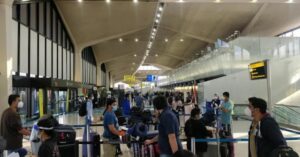New Rules For COVID-19 Lockdown: Check List of Restrictions, Relaxations Issued by MHA
List of what you can and cannot do during the COVID-19 lockdown, issued by the MHA.
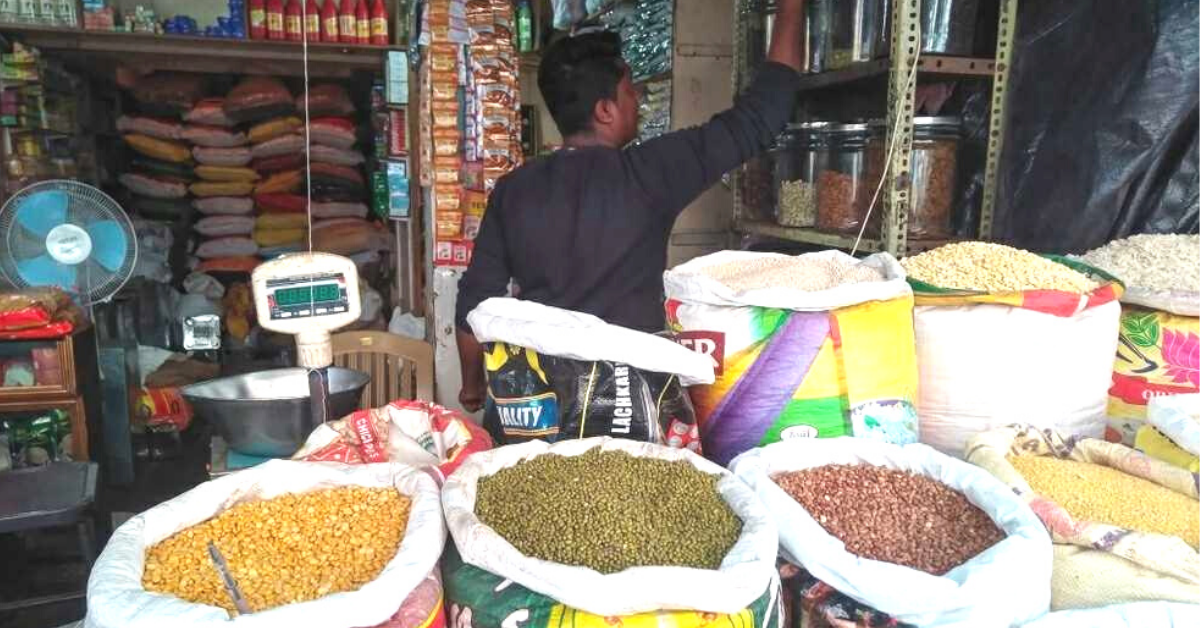
With the first phase over and 19 days to go for the second phase to end many of us are counting down the days to when the lockdown will end.
During this second phase, the Ministry of Home Affairs (MHA) has issued a detailed document outlining what is allowed and not allowed during this phase, and this in this article, we break it down for you.
Unable to view the above button? Click here
First things first. Until 20 April 2020, the lockdown will be observed in the strictest sense of the word and everything will continue as is, however, post that, states have been permitted to access the situation and take a call on how they wish to proceed.
What remains inoperative
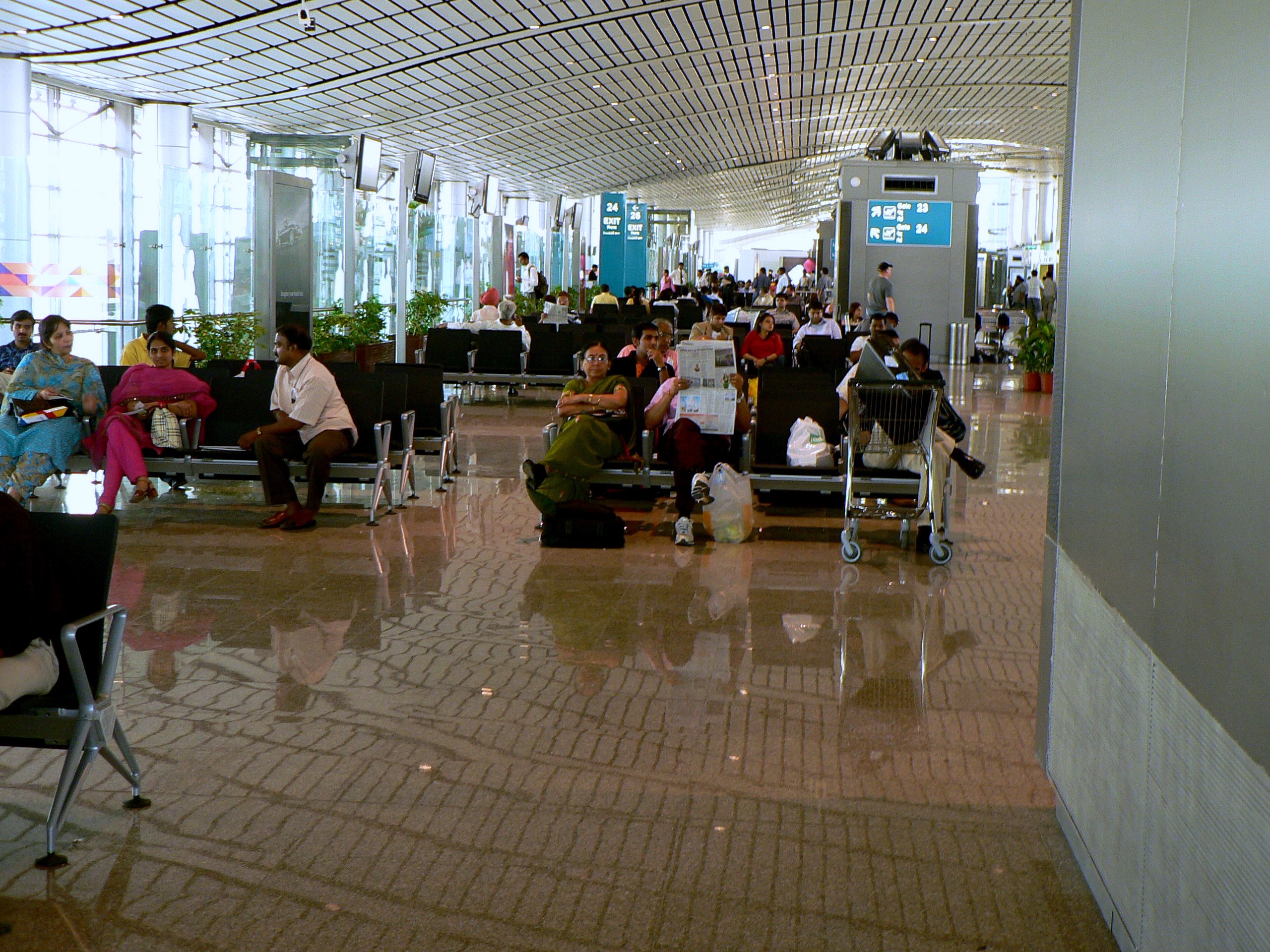
• Travel by air, rail, road, and metro.
• Inter-district and inter-state movement except for a medical purpose.
• Operation of educational and training institutions.
• Any industrial or commercial activity.
• All cinema halls, theatres, places of shopping including malls, entertainment parks, and pubs.
• All hospitality services.
• All social, political, sporting, and cultural events.
• All religious places of worship.
• In case of a funeral, no more than 20 people will be allowed to congregate.
• Taxis, including auto-rickshaws and cycle rickshaws, and services of cab aggregators.
What will be functional?
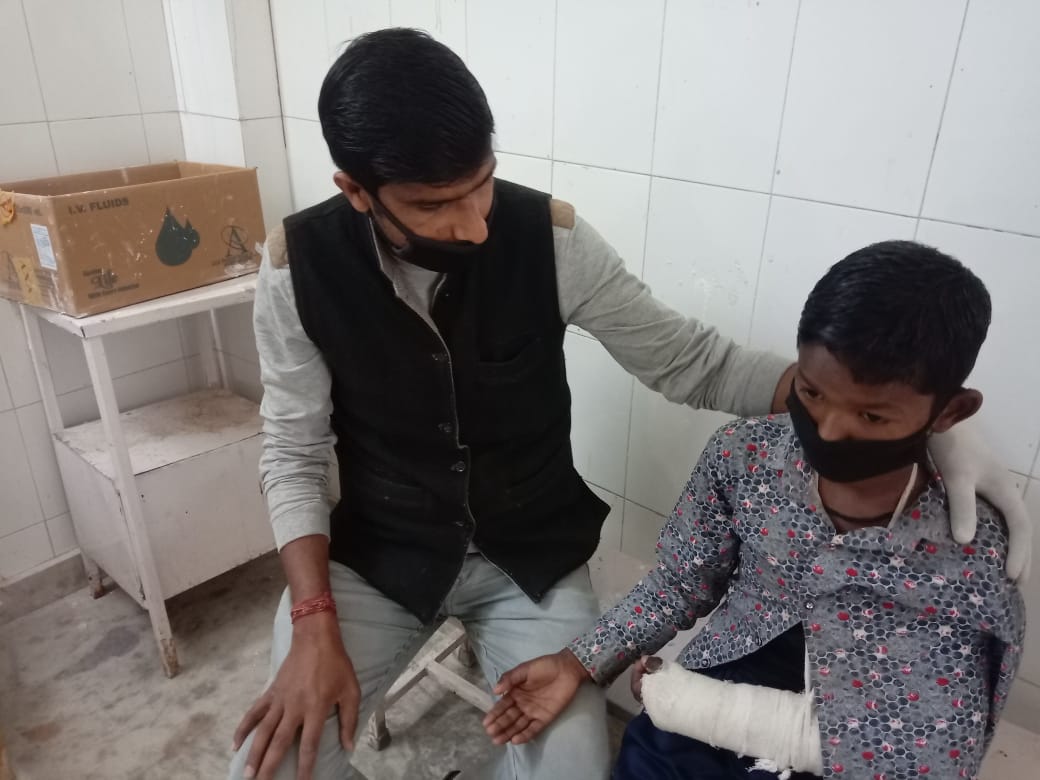
• Hospitals, nursing homes, clinics, and telemedicine facilities.
• Dispensaries, pharmacies, chemists, Jan Aushadi Kendras, and medical equipment shops.
• Medical laboratories and collection centres.
• Pharmaceutical and medical labs researching COVID-19.
• Veterinary hospital, dispensaries and clinics.
• Manufacturing units of drugs, medical devices, medical oxygen.
• Agriculture and other related activities.
• Mandis operated by the Agriculture Produce Market Committee.
• Manufacturing, distribution, and retail of fertilisers, pesticide, and seeds.
• Operation of tea, coffee and rubber plantation with a maximum of 50 per cent workforce.
• Processing, packaging, marketing and sale of tea, coffee, rubber and cashew with a maximum of 50 per cent workforce.
• Bank branches and ATMs.
• IRDAI and Insurance companies.
• Operation of homes for senior citizens, children, those with disabilities, women, destitutes.
• Observations homes, aftercare centres for juveniles.
• Postal service; including post offices.
• Courier services.
• Operations of utilities providing telecommunication and internet service.
• Hotels, home-stays, lodges, and motels that are currently accommodating tourists and persons stranded due to lockdown, medical emergency staff, and air and sea crew.
• Construction of renewable energy projects.
• Construction of roads, irrigation projects, building and other industrial projects outside the limit of municipal corporations and municipalities.
Movement of people is allowed for the following
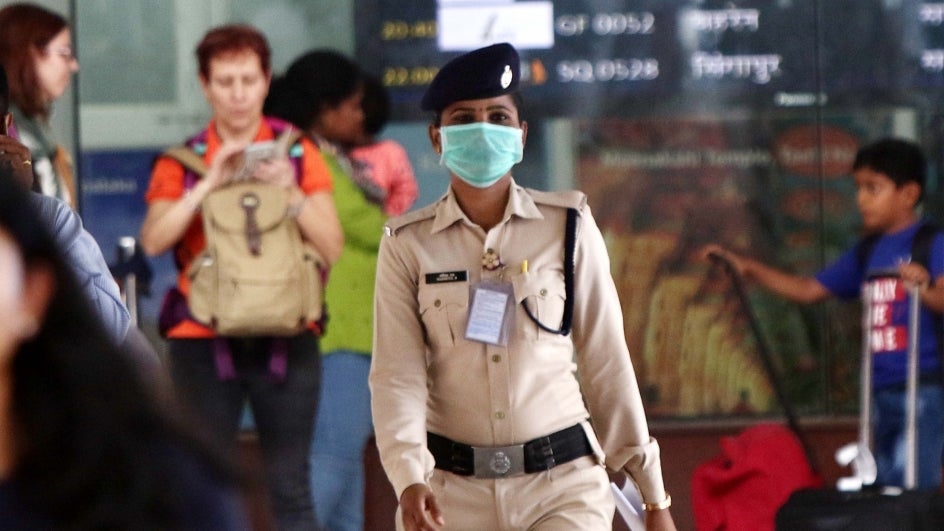
• Private vehicles for emergency services, which includes being out for the procurement of essential commodities. In such cases, one passenger besides the private vehicle driver can be permitted in the backseat, in case of a four-wheeler. In case of a two-wheeler, only one person will be allowed.
• Police, home guards, civil defence, fire service personnel, disaster management, prisons and municipal authorities will function without any disruptions.
How one should behave in public spaces
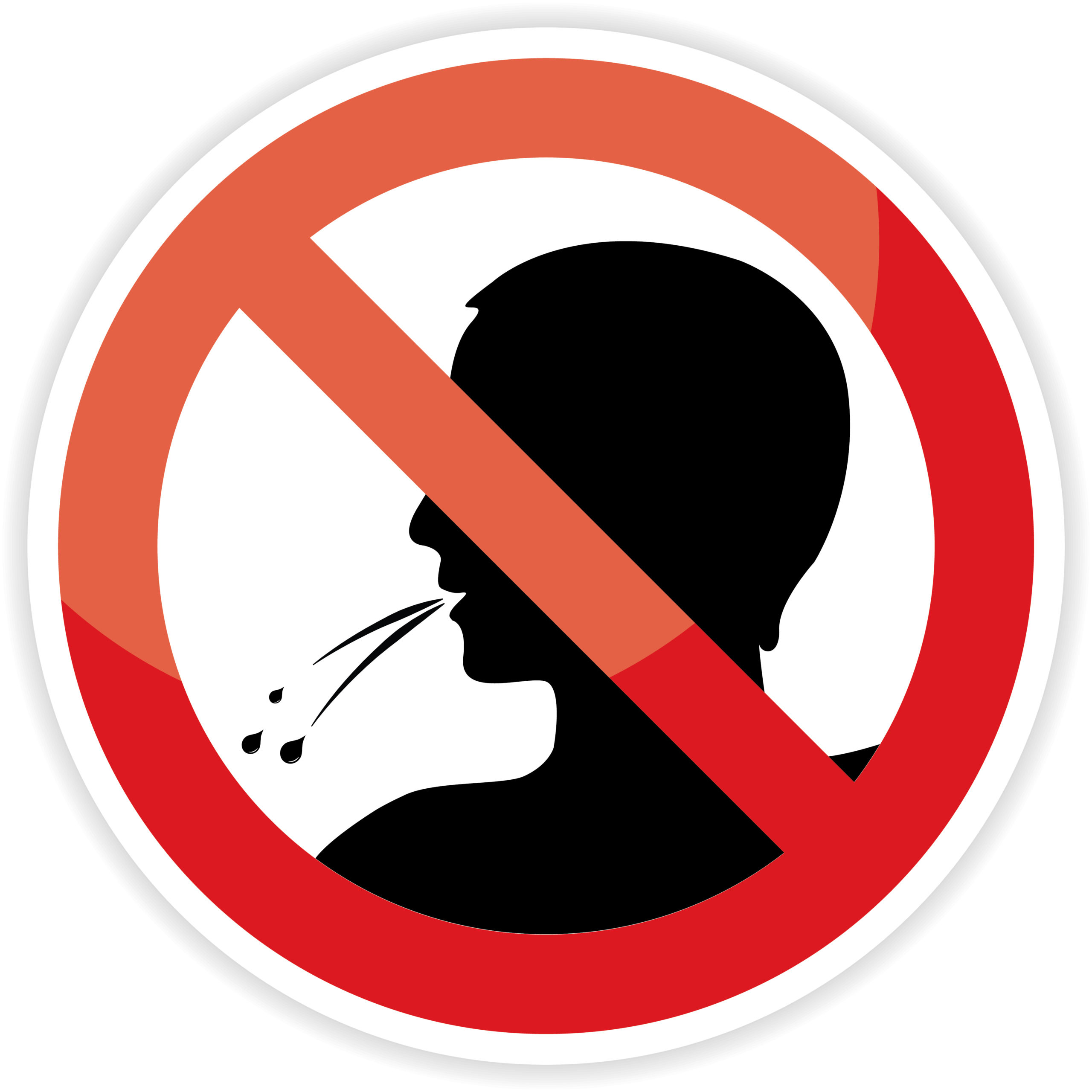
• Wearing a face mask/face cover is compulsory.
• Social distancing norms to be followed in the strictest sense in workplaces.
• More than five people cannot gather in one place.
• Gatherings like marriages and funerals to be regulated by the District Magistrate.
• Spitting in public spaces to be fined.
• Lunch breaks at workplaces to be staggered to ensure that social distancing is practised.
• Persons above 65-years-of-age and persons with co-morbidities and parents of children below the age of 5-years-of-age to be encouraged to work from home.
• Use of Aarogya Setu app to be encouraged for all private and public employees.
• All organisations will need to sanitise the workplace between shifts.
Disobeying or wilfully flouting any of the rules mentioned above will lead to strict penal consequences.
If you wish to read the complete order, you can access it here.
Also Read: #CoronaLockdown: 6.7 Lakh Needy Fed So Far & You Could Help Feed More
(Edited by Gayatri Mishra)
Like this story? Or have something to share?
Write to us: [email protected]
Connect with us on Facebook and Twitter.
This story made me
- 97
- 121
- 89
- 167
Tell Us More
We bring stories straight from the heart of India, to inspire millions and create a wave of impact. Our positive movement is growing bigger everyday, and we would love for you to join it.
Please contribute whatever you can, every little penny helps our team in bringing you more stories that support dreams and spread hope.








